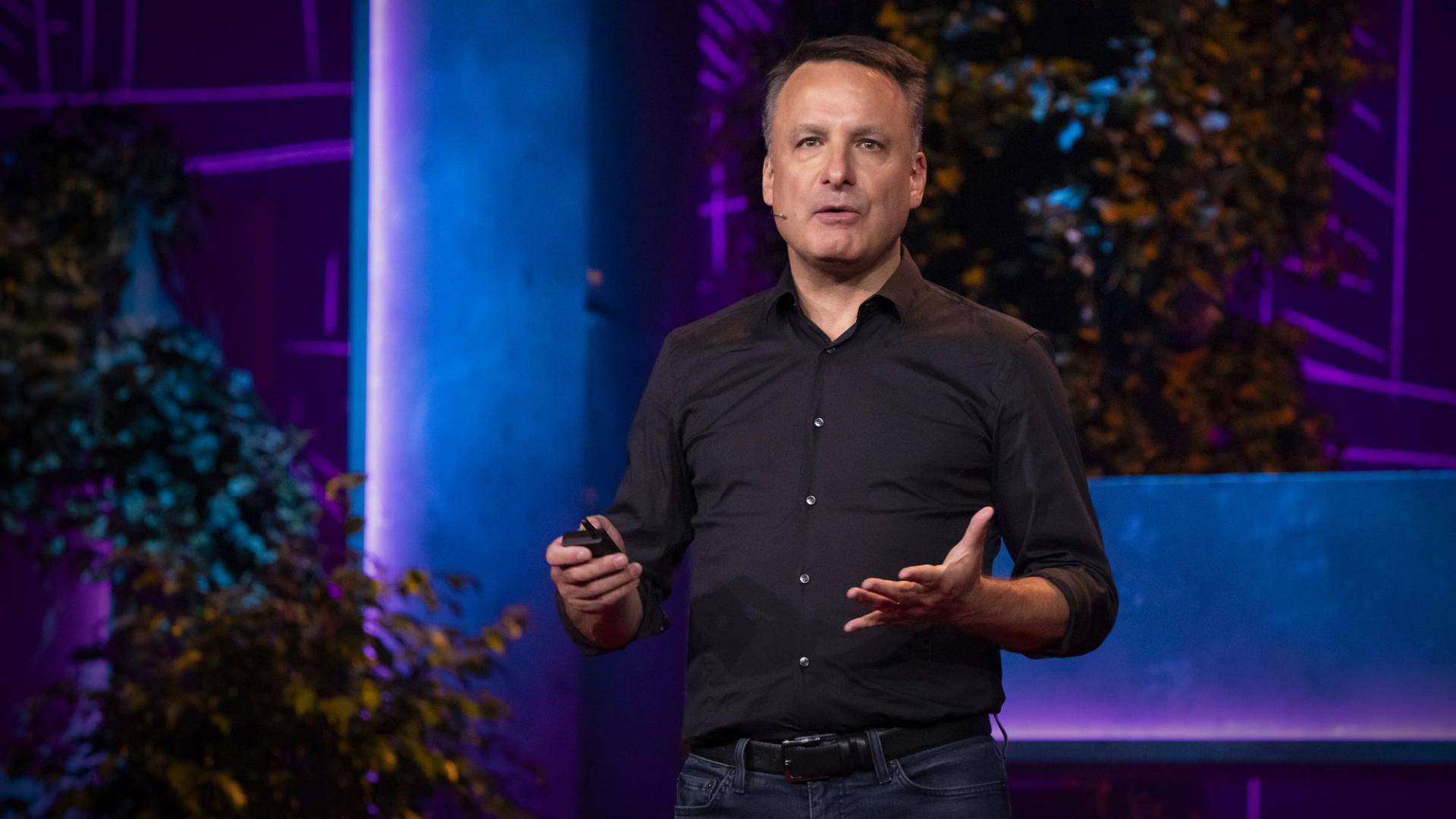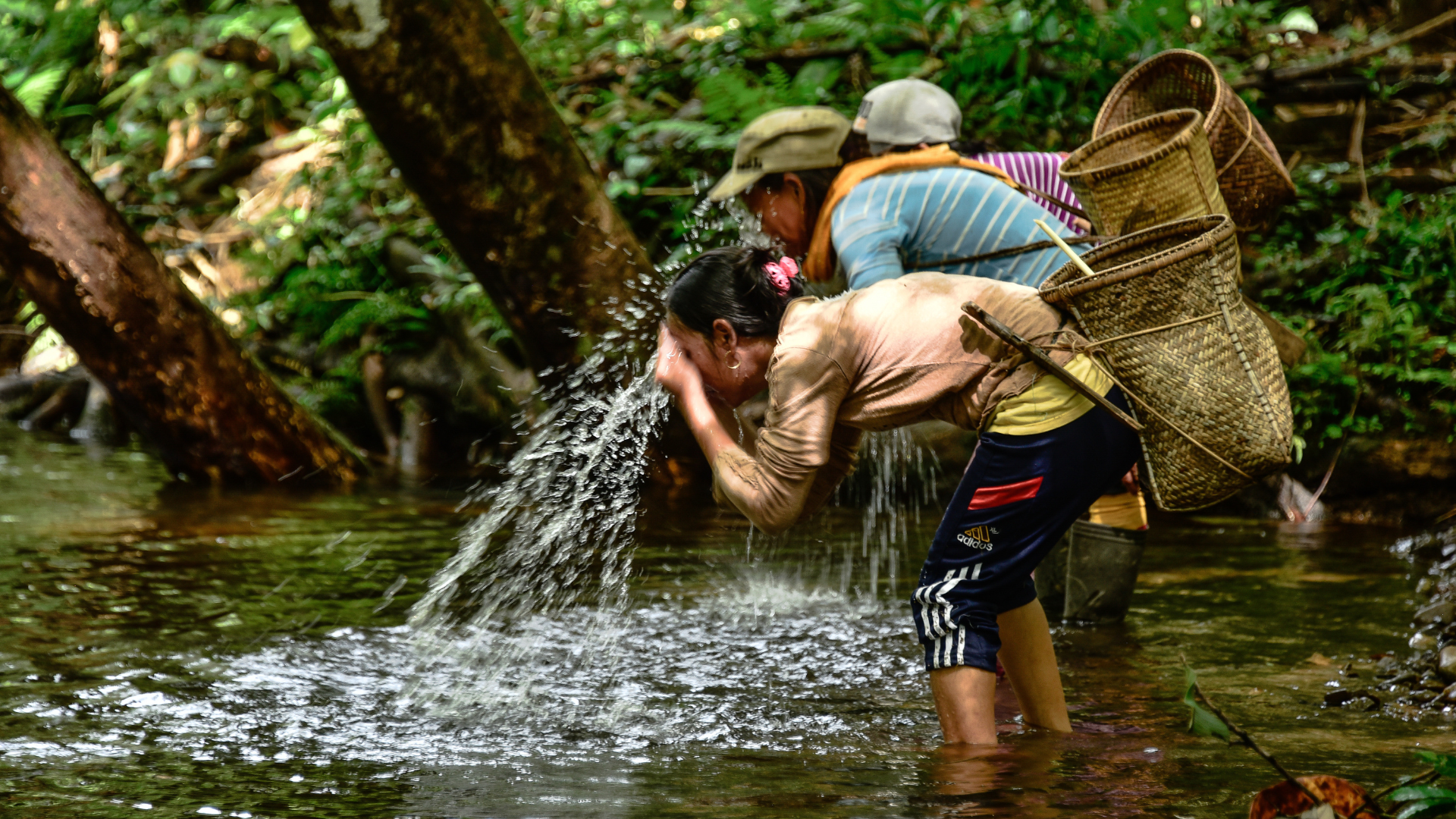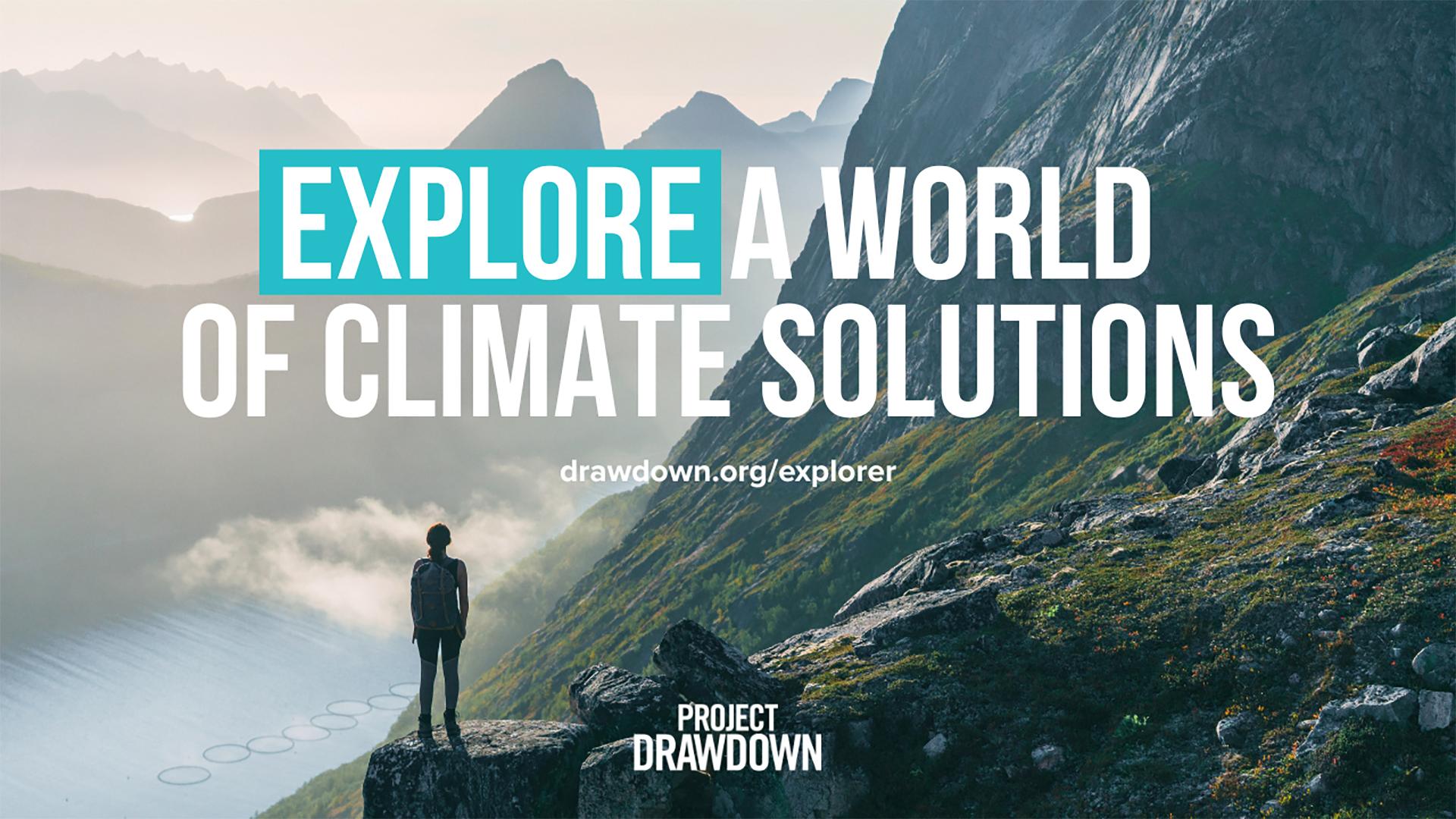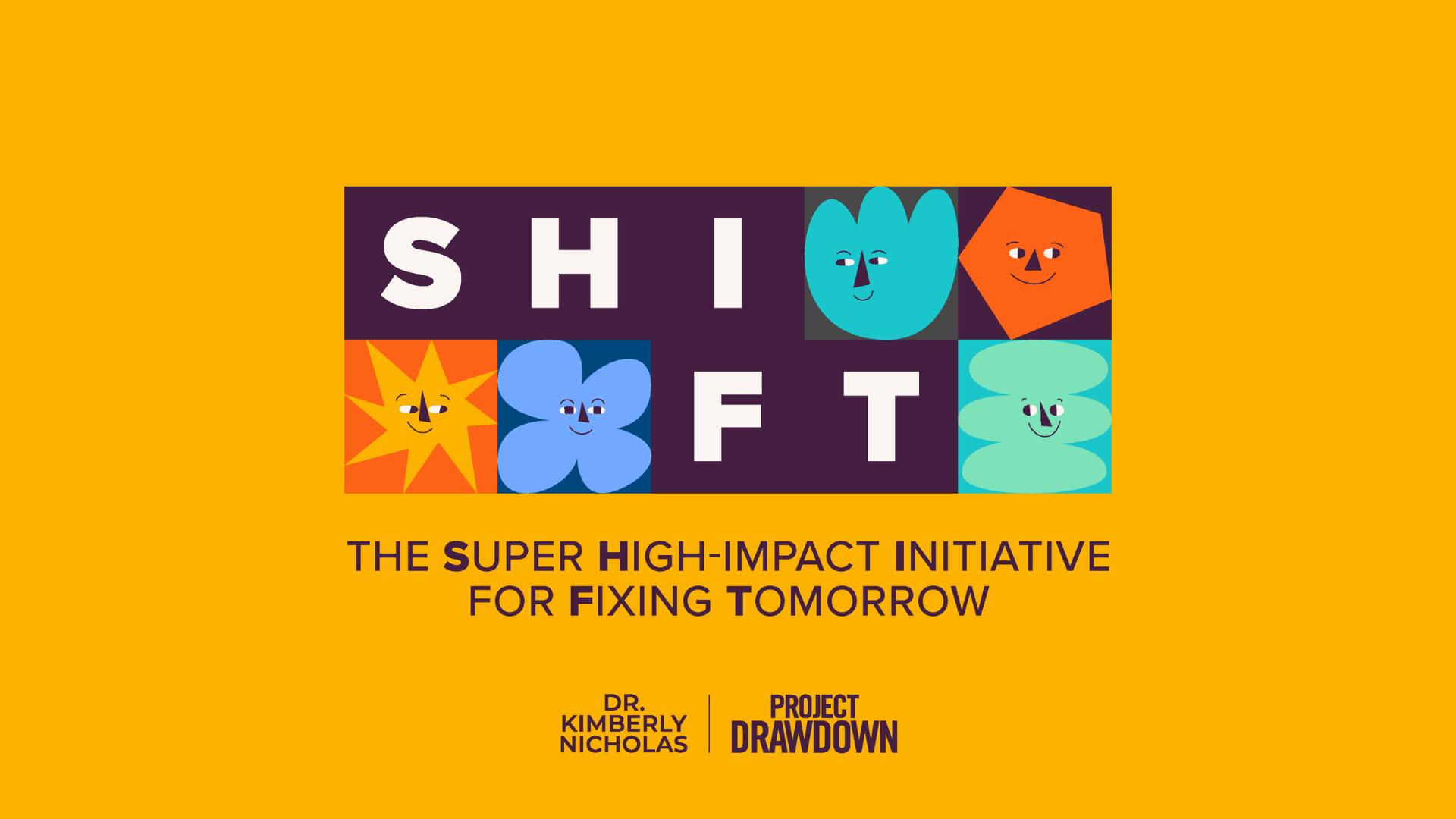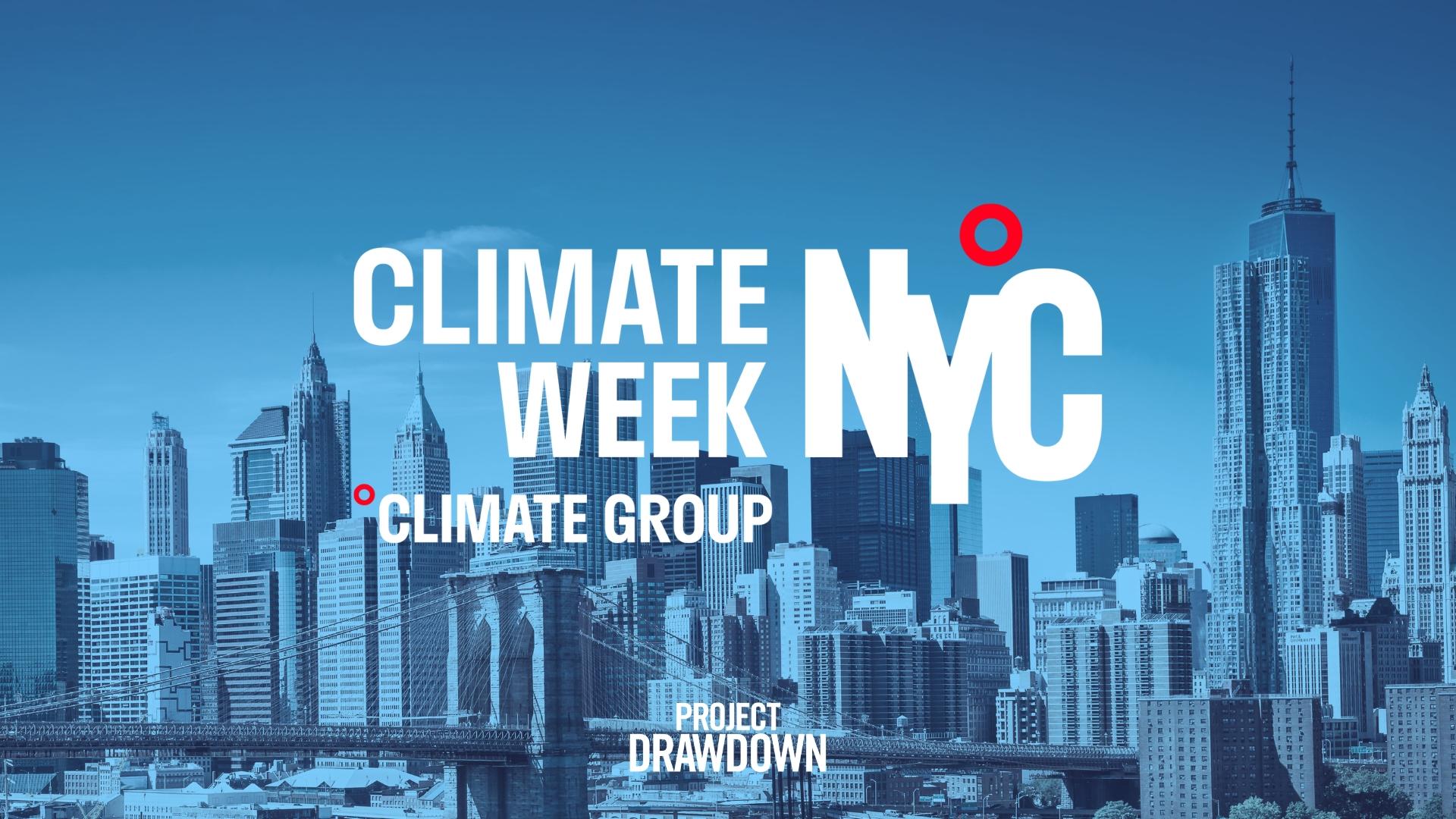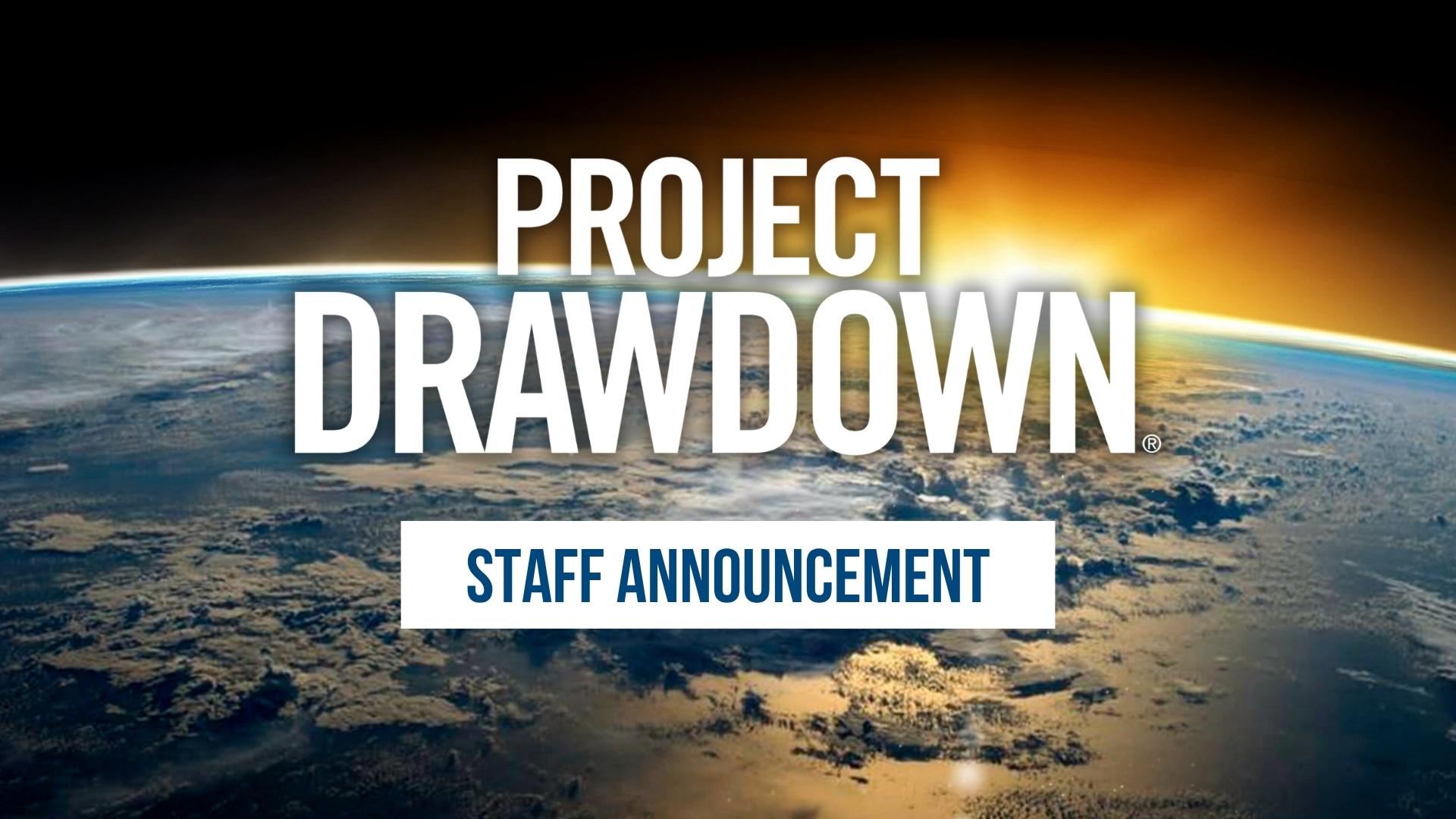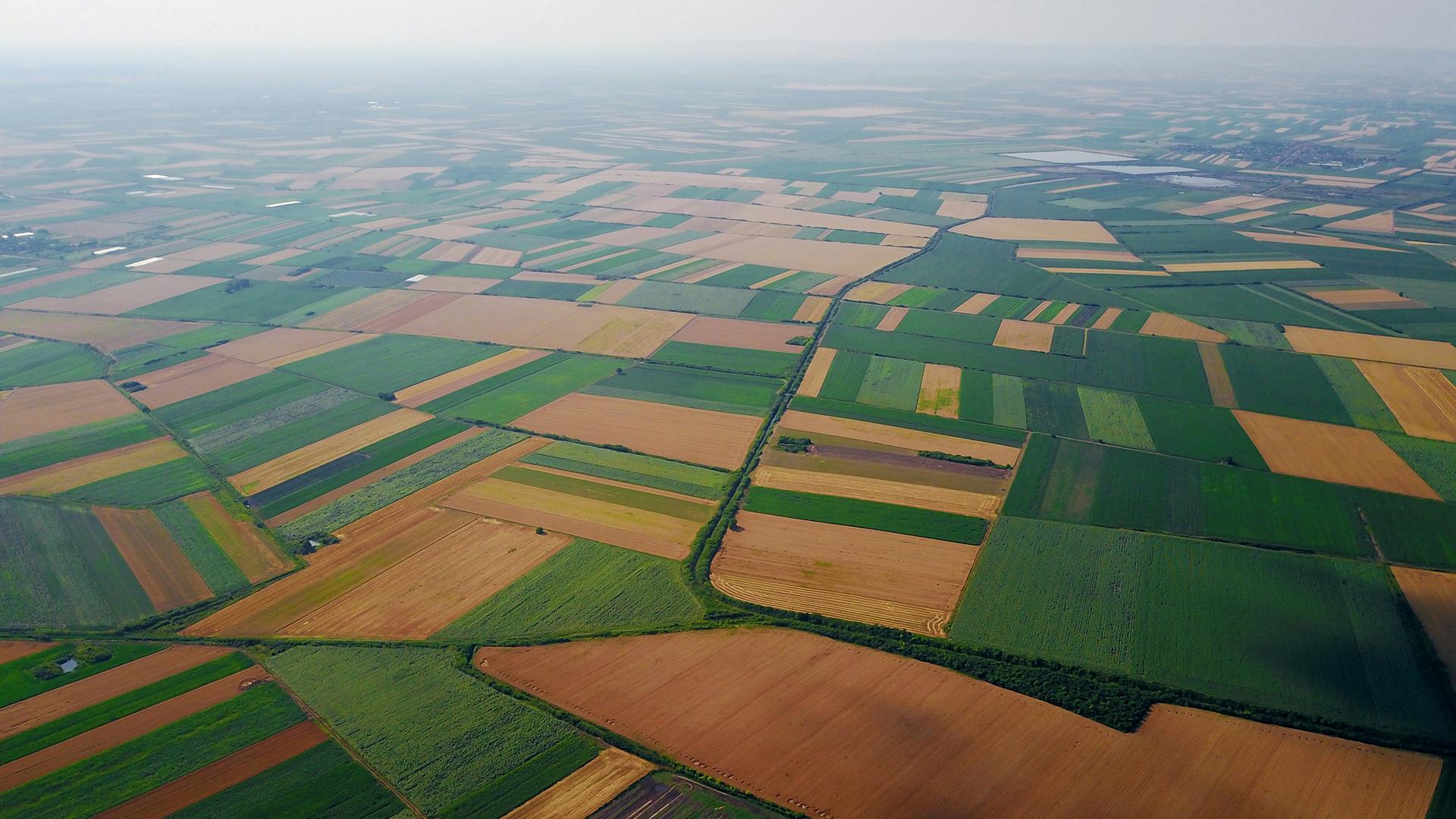New story map shows the value of “triple-win” approaches to alleviating hunger
Senegal study underscores the opportunity to address climate, food security, and nature simultaneously
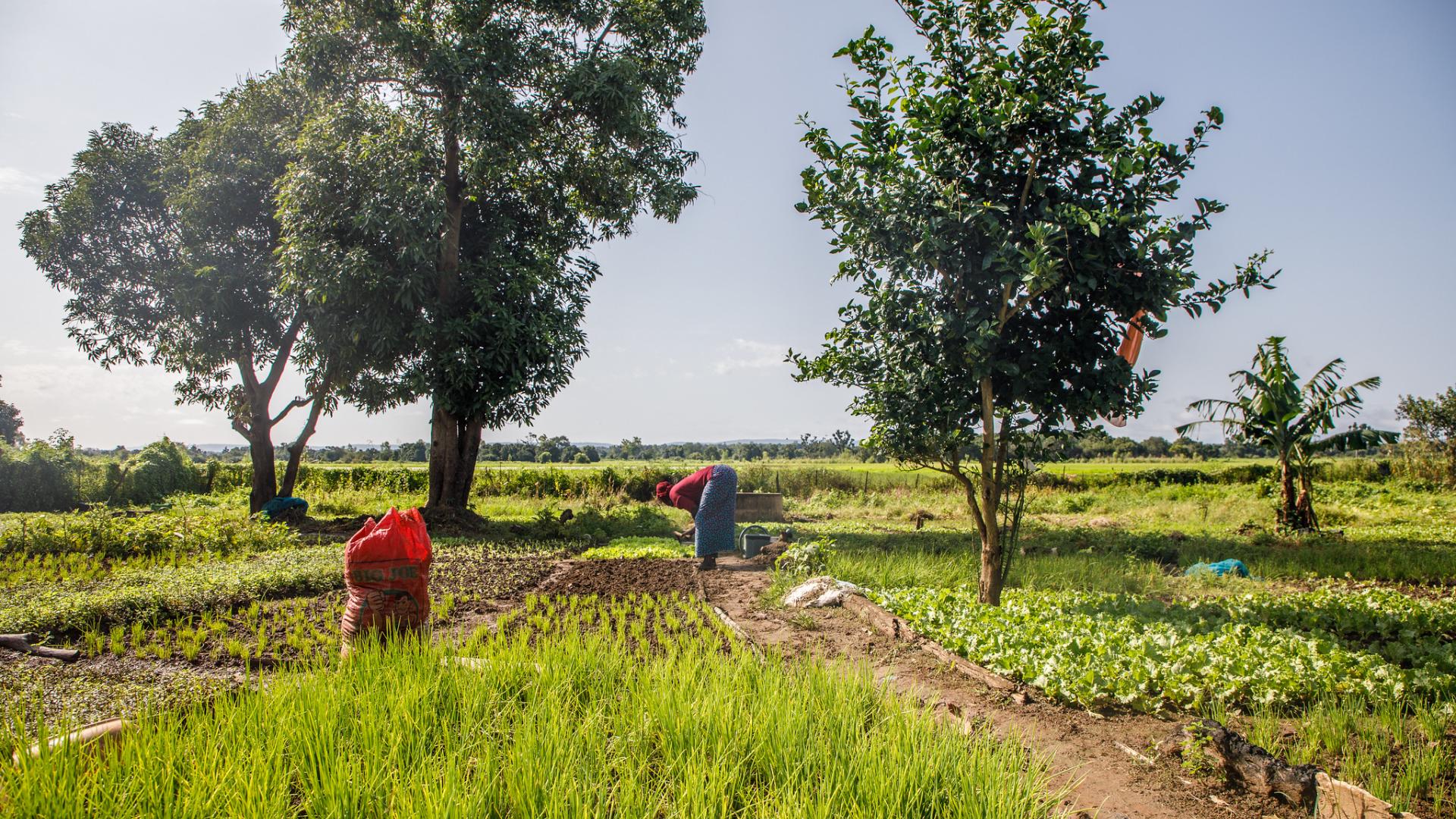
Can efforts to boost food security also reduce climate threats and benefit nature? Yes, suggests a new study of hunger-alleviating options in Senegal by researchers from the Project Drawdown and the University of Minnesota.
“Improving Food Security in Senegal,” an Esri story map developed by Project Drawdown senior scientist Paul West and colleagues, shows how strategically aligning goals can multiply returns on investment for development agencies and other funders – including lessons ready to be applied in other countries or regions.
With up to 28 percent of the rural population in some areas undernourished, improving food systems is an important goal in this west African country, says Senior Scientist Paul West, who led Project Drawdown’s portion of the project along with Associate Scientist Yusuf Jameel. Efforts to do so traditionally have focused on boosting crop yields. But because nearly three-fourths of the food eaten in Senegal is imported, improved agriculture is only part of the solution. Off-farm income is a leading indicator of food security. Access to electricity enables more economic opportunities, yet 57% of people living in rural communities lack it.. Notably, efforts to advance all three of these can be strategically aligned with efforts to reduce greenhouse gas emissions and boost human and ecosystem health as well as economic opportunities.
Among the key findings:
- Improved farming can increase per-hectare yields of key crops such as millet, cowpea, and groundnuts 30–150%, boosting food supplies and income while also enhancing the soil’s ability to sequester carbon.
- Village-scale solar photovoltaic installations can improve food security and sanitation and provide new sources of income as well as avoid future emissions from climate-polluting fossil fuels.
- Replacement of wood and charcoal cooking fuels with cleaner options improves household air quality and reduces the time needed to collect fuelwood, which is primarily done by women and children, while also reducing greenhouse gas production.
- Adoption of agroforestry boosts carbon sequestration while maintaining agricultural productivity and benefiting biodiversity.
The researchers conclude by noting the implications of their findings extend far beyond Senegal.
“The methodology and underlying data sets can be easily adapted to identify and target high-impact solutions in specific areas within other countries or regions to benefit people's well-being and nature while reducing greenhouse gas emissions and avoiding future ones,” they write. “Through targeted action and project design, bundles of solutions can more effectively improve many aspects of people's lives, fostering systemic change.”
“Improving Food Security in Senegal” summarizes the contributions of Project Drawdown, the University of Minnesota, and Natural Capital Insights to USAID’s Feed the Future Innovation Lab for Collaborative Research on Sustainable Intensification. Check out the story map to learn more.
Press Contacts
To request a media interview with one of our experts or scientific researchers, please contact press@drawdown.org.


